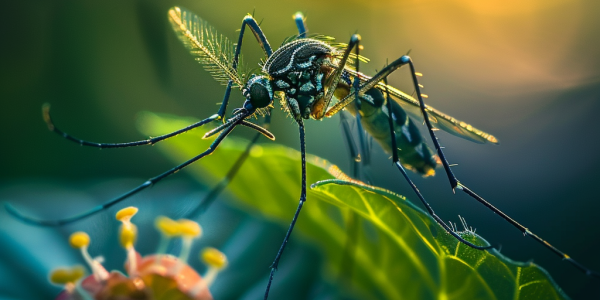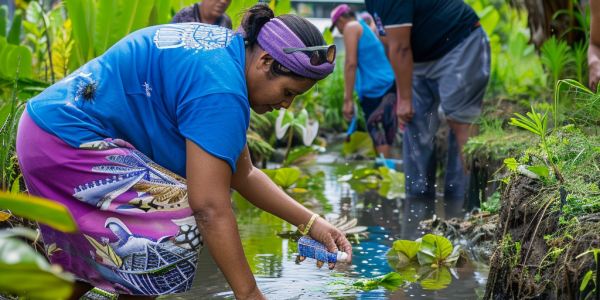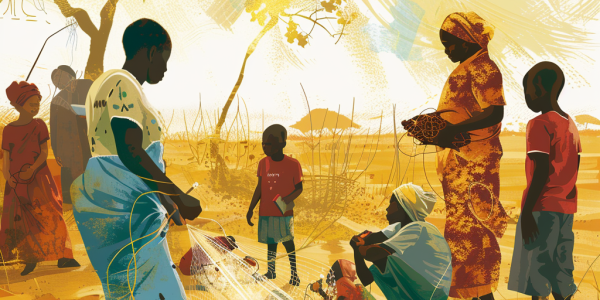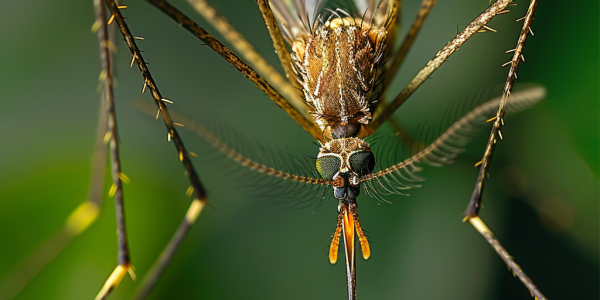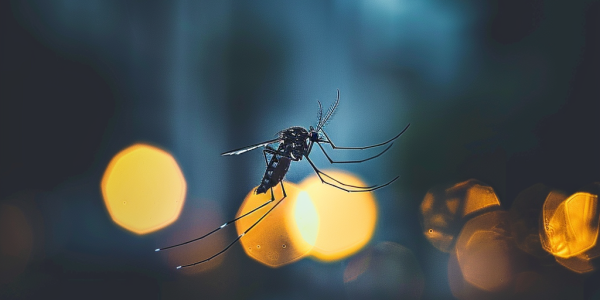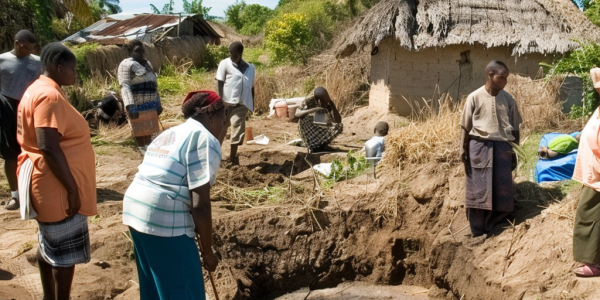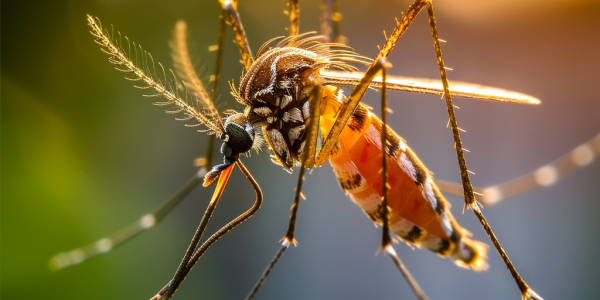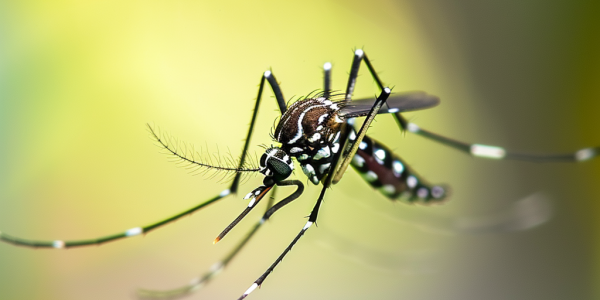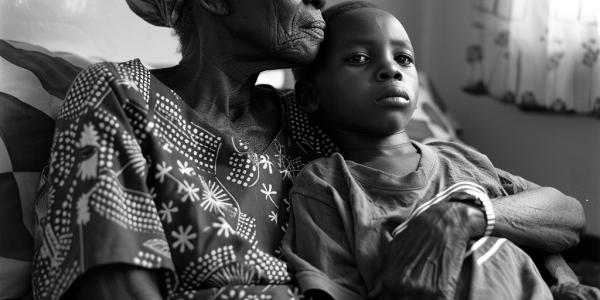Mosquito Sample in Houston Tests Positive for West Nile Virus
A recent mosquito sample in Houston has tested positive for the West Nile virus in Zip code 77019, raising concerns in the area. Understanding the implications of this finding is crucial as mosquito populations surge. Learn about the potential risks and symptoms associated with West Nile virus and the impact on pregnancy. Stay informed and take necessary precautions to prevent mosquito bites and reduce the risk of transmission.
Decrease in Dengue Cases in Samoa
Samoa has reported a decrease in dengue fever cases since May, but there is a rise in influenza cases. The Ministry of Health urges the public to take preventive measures like eliminating stagnant water sources and using insect repellents. Dr. Alec Ekeroma stated that if the trend continues, the dengue outbreak will be declared over soon. It is important for the public to stay vigilant and follow health recommendations to prevent mosquito-borne diseases in Samoa.
Urgent Need for Research on Climate Change Impact on Neglected Tropical Diseases and Malaria
New research underscores the urgent need for further investigation into the impact of climate change on neglected tropical diseases (NTDs) and malaria. Rising temperatures and shifting weather patterns are altering disease distribution, posing significant threats to public health. The study emphasizes the importance of collaborative modeling to predict the consequences of climate change on malaria and NTDs, warning of potential shifts in transmission patterns. Immediate action is required to safeguard progress in combating these diseases and address research biases that disproportionately impact vulnerable communities.
West Nile Virus Positive Mosquitoes Detected in Clark County
Learn about the recent detection of West Nile Virus positive mosquitoes in Clark County and the launch of a safety campaign to prevent the spread of the virus. Find out how residents are reacting to the increase in mosquito activity and the presence of Aedes aegypti mosquitoes, known carriers of Zika, dengue, and chikungunya. Discover the proactive measures being taken to educate the public and reduce the health risks associated with mosquito-borne diseases.
China Raises Concerns about Increasing Spread of Dengue Fever
Health authorities in China are concerned about the increasing spread of dengue fever, a potentially fatal viral illness transmitted by mosquitoes. With a surge of cases in Latin America and an early cluster in Guangdong province, experts warn of the challenges in disease control. Dengue, primarily transmitted by Aedes mosquitoes, peaks in China from May to November. As warmer weather approaches, preventative measures such as eliminating stagnant water are crucial to reducing the risk of dengue transmission.
Agriculture Commissioner Urges Horse Owners to Prioritize Vaccination Against Mosquito-Borne Diseases
Agriculture Commissioner Steve Troxler urges horse owners in North Carolina to prioritize vaccinating their animals against mosquito-borne diseases like Eastern Equine Encephalomyelitis (EEE) and West Nile Virus (WNV) due to the high fatality rates associated with these illnesses. Implementing preventive measures such as eliminating mosquito breeding grounds and using insect repellants can help protect horses from EEE and WNV. Recognizing symptoms early is crucial for prompt treatment, as there is no evidence to suggest that horses can transmit these diseases to other animals or humans.
Climate Change Amplifying Risk of Malaria Resurgence, Say Specialists
Climate change is amplifying the risk of a resurgence of malaria, with changing weather patterns creating a more favorable environment for mosquitoes to thrive. The surge in malaria cases in Mozambique’s Manica province highlights the ongoing threat posed by this disease, exacerbated by the impact of extreme weather events and food insecurity. As climate change drives environmental changes, the risk of mosquito-borne infections is expected to escalate, emphasizing the need for a comprehensive approach to disease control and prevention.
Sarasota County Gears Up for Mosquito Season
Sarasota County Mosquito Management is preparing for the upcoming mosquito season, emphasizing the importance of proactive measures to control mosquito populations. With the rapid reproductive cycle of mosquitoes and the increased risk of mosquito-borne illnesses, residents are urged to eliminate standing water sources and take precautions such as wearing repellent and long clothing. The management team is utilizing innovative methods like drone spraying and chicken surveillance to manage mosquito populations, but collective effort from the public is essential to minimize the threat.
Growing Threat: Dengue Fever Spreads Amidst a Warming Planet
Learn about the growing threat of Dengue fever as it spreads amidst a warming planet. With millions falling ill annually and fatalities on the rise, the expansion of Aedes mosquitoes poses a grave risk to global health. Find out how climate change and urbanization are fueling the spread of this debilitating illness and the need for enhanced preparedness and control measures.
New Adversary Emerges in Fight Against Malaria: Anopheles Stephensi Mosquito
The Anopheles Stephensi mosquito, spreading resistance to antimalarial drugs in Africa, poses a new challenge for researchers. Ernestine Bizimana’s story in Rwanda highlights the impact of malaria on communities, emphasizing the need for innovative solutions to combat this deadly disease.

